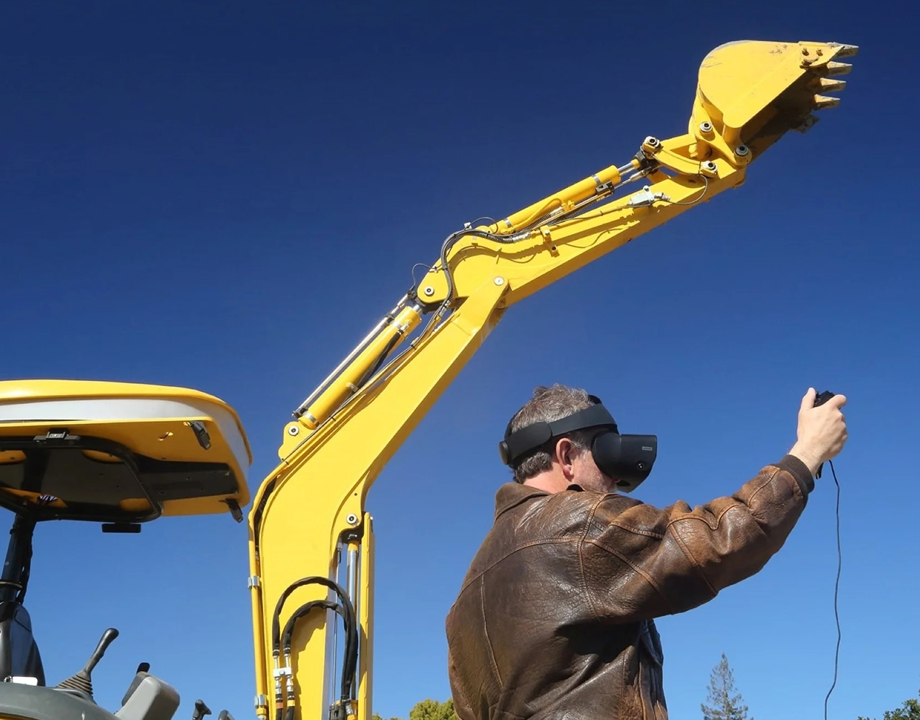Two Professional Engineering Organizations Join the "Licensing That Works" Coalition
Two Professional Engineering Organizations Join the "Licensing That Works" Coalition
NEW YORK, May 9, 2013 – The American Society of Plumbing Engineers (ASPE) and American Society of Agricultural and Biological Engineers (ASABE) have joined the Licensing that Works coalition, strengthening the push to make the four-year bachelor’s degree the mandatory educational requirement for licensure as a professional engineer in the United States.
ASPE and ASABE are the most recent technical groups to endorse Mandatory Education Requirements for Engineering Licensure, the ASME (American Society of Mechanical Engineers) position statement that makes the case for the traditional four-year degree as the key requirement for obtaining an engineering license.
According to the members of the Licensing that Works coalition, graduating from a four-year engineering program accredited by the Engineering Accreditation Commission of ABET, along with passing the Fundamentals of Engineering Principles and Practices examinations and successfully completing a four-year internship, provide sufficient skills and aptitude for engineering licensure.
On the other side of the debate are adherents to the “Master’s or Equivalent” (MOE) plan, proposing 30 additional credits or a master’s degree, on top of the bachelor’s, for licensure.
The members of Licensing that Works, now representing more than 315,000 engineers, say there is no evidence suggesting that adding a full academic year of upper-level undergraduate or graduate-level coursework will increase the engineer’s impact on the public’s health and safety.
The coalition also believes that higher educational requirements could impair America’s ability to place an adequate supply of engineers in the industrial workforce, adversely impacting national competitiveness.
About ASPE
ASPE is the only professional organization devoted to the training and certification of plumbing engineers and designers. ASPE and its 6,000 worldwide members are dedicated to protecting the health, welfare, and safety of the public through the dissemination of technical data and information to expand the base of knowledge among plumbing engineers, designers, contractors, code officials, inspectors, and manufacturers. For more information, visit ASPE.org.
About ASABE
The American Society of Agricultural and Biological Engineers, with 9,000 members in more than 100 countries, is an educational and scientific organization dedicated to the advancement of engineering applicable to agricultural, food, and biological systems.
About ASME
ASME helps the global engineering community develop solutions to real world challenges. Founded in 1880 as the American Society of Mechanical Engineers, ASME is a not-for-profit professional organization that enables collaboration, knowledge sharing and skill development across all engineering disciplines, while promoting the vital role of the engineer in society. ASME codes and standards, publications, conferences, continuing education and professional development programs provide a foundation for advancing technical knowledge and a safer world.



